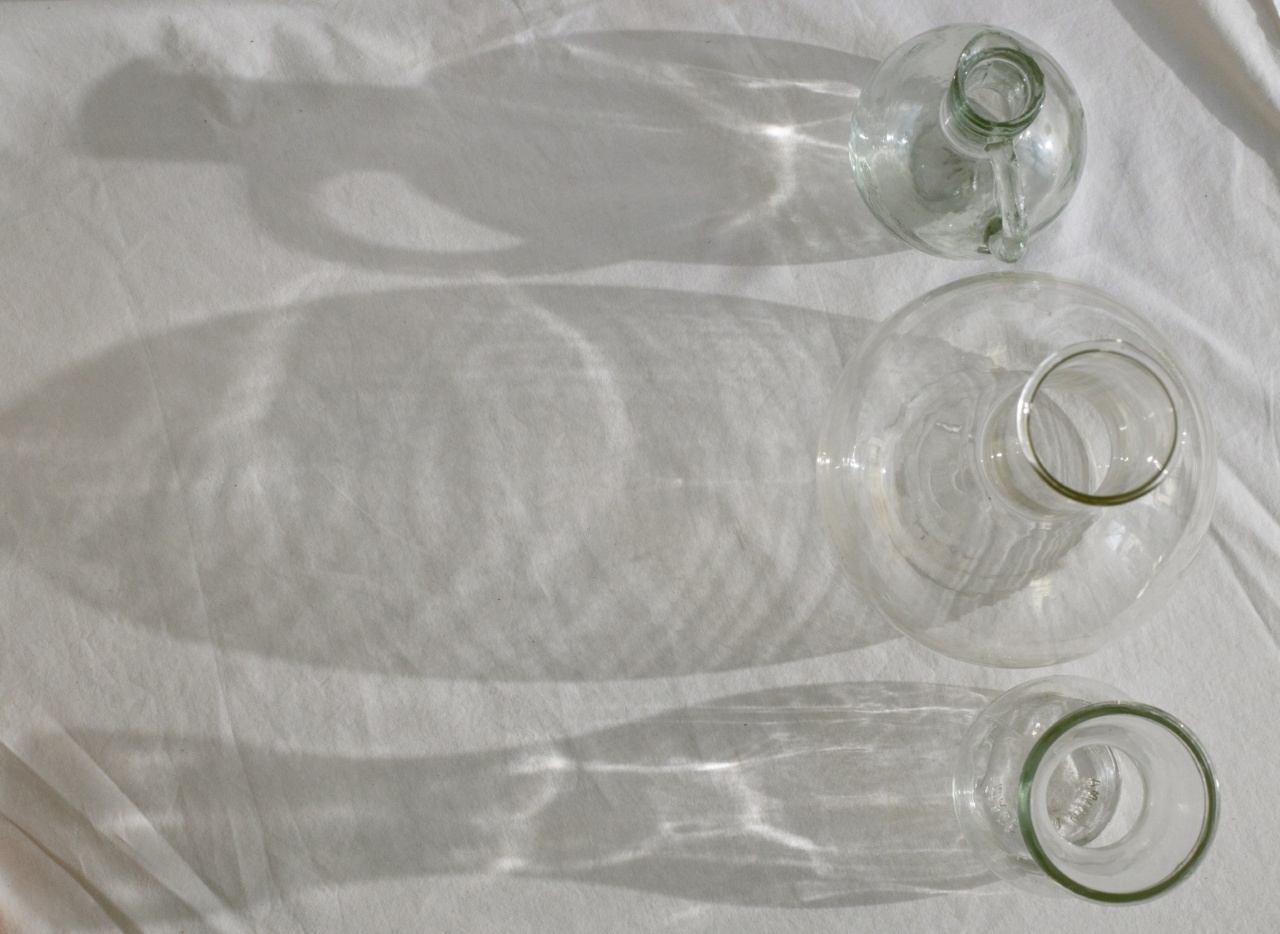Coffee is one of the most widely consumed beverages in the world and has been linked to numerous health benefits. One area of research that has gained attention is the potential protective effects of coffee on prostate cancer.
Prostate cancer is the second most common cancer in men worldwide and is responsible for over 300,000 deaths each year. In this article, we will explore the research on the protective effects of coffee on prostate cancer and compare the effects of different species and dosages.
What is Prostate Cancer?
Prostate cancer is a cancer that occurs in the prostate gland, a small gland located below the bladder and in front of the rectum in men. This gland produces fluid that protects and nourishes sperm.
Prostate cancer begins when cells in the prostate gland start to grow uncontrollably. In some cases, the cancer cells may spread to other parts of the body, such as the bones and lymph nodes.
Coffee and Prostate Cancer
The consumption of coffee has been associated with a lower risk of prostate cancer. This may be due to the presence of bioactive compounds, such as caffeine and polyphenols, which have been shown to have anti-cancer properties.
However, the protective effects of coffee on prostate cancer may vary depending on the species and dosages consumed.
Species of Coffee
There are two main species of coffee: Arabica and Robusta. Arabica coffee is considered to be of higher quality and has a smoother taste, while Robusta coffee is stronger and more bitter.
Studies have shown that both species have beneficial effects on prostate cancer prevention, but Arabica coffee may have a stronger protective effect. This may be due to the higher levels of antioxidants and phytochemicals found in Arabica coffee compared to Robusta coffee.
Dosage of Coffee
The protective effects of coffee on prostate cancer may also vary depending on the dosage consumed. Studies have shown that moderate coffee consumption, typically defined as 3-5 cups per day, may have a protective effect on prostate cancer.
However, excessive coffee consumption, defined as more than 6 cups per day, may actually increase the risk of developing aggressive prostate cancer.
Comparative Analysis of Studies
Several studies have been conducted to investigate the relationship between coffee consumption and prostate cancer.
A meta-analysis published in the International Journal of Cancer in 2015 analyzed 13 studies with a total of 54,577 cases of prostate cancer. The analysis found that overall, coffee consumption was associated with a decreased risk of prostate cancer. However, when the studies were stratified by dosage and species, the results varied.
When comparing the effects of Arabica and Robusta coffee, the analysis found that both species had a protective effect on prostate cancer, but Arabica coffee had a stronger effect.
When comparing the effects of different dosages, the analysis found that moderate coffee consumption was associated with a decreased risk of prostate cancer, while high consumption was associated with an increased risk of aggressive prostate cancer.
Conclusion
In conclusion, the consumption of coffee may have a protective effect on prostate cancer.
Studies have shown that both Arabica and Robusta coffee have beneficial effects, but Arabica coffee may have a stronger effect due to its higher levels of antioxidants and phytochemicals. Moderate coffee consumption, defined as 3-5 cups per day, may have a protective effect, while excessive consumption may increase the risk of aggressive prostate cancer.
It is important to note that these findings are based on observational studies and further research is needed to confirm the protective effects of coffee on prostate cancer.



























